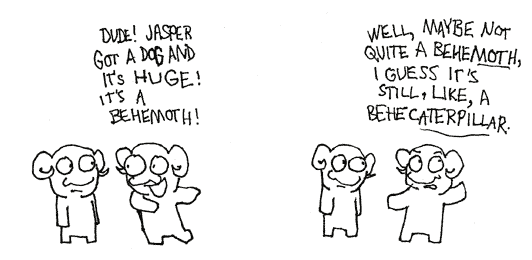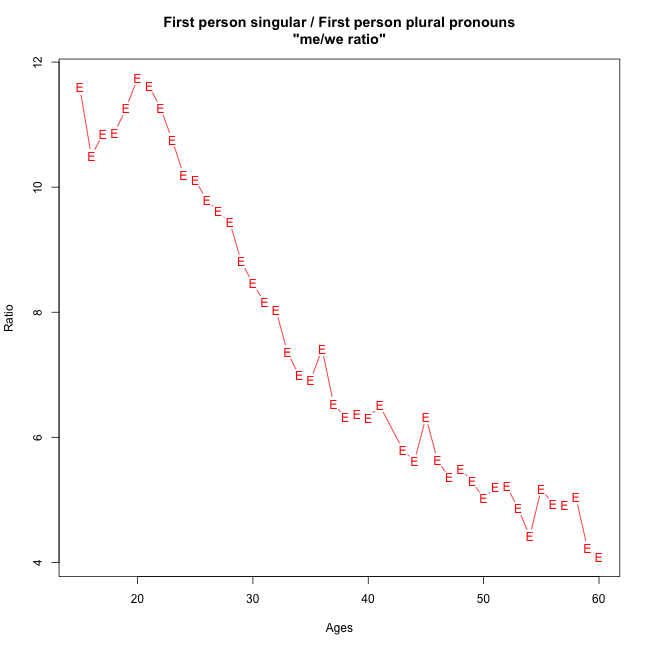Elif Batuman, "The Awkward Age", The New Yorker 9/9/2014:
As the Eskimos were said to have seven words for snow, today’s Americans have a near-infinite vocabulary for gradations of awkwardness—there are some six hundred entries in Urban Dictionary.
Since the Eskimo snow word count has been dialed back to a mere seven here, its value seems to be limited to a vague sort of evocation of words-for-X ideology. And the next piece frames the Eskimo vocabulary as an explicitly legendary reference, rather like mentioning Lot's wife to illustrate the dangers of looking backwards:
Giovanni Rodriguez, "The Sisu Social: Can Finns Teach The World to Hang Tough?", Forbes 9/1/2014:
How many mainland Americans, as children, hear that Eskimos have more words for snow than we – mere mortals — can even imagine? There is more legend than fact in the old cliche (it’s complicated), but it’s rooted in a truth we all learn at some point in our development: how language can evolve to help us navigate the particular worlds to which we are born.
As a boy growing up in the sixties in New York, I was exposed to many words for venting, complaining, and otherwise toughing out life’s many indignities. The language was New York street Yiddish, from which I learned to kvetch when I am wont, schlep when I must, and turn on the chutzpah, when appropriate.



